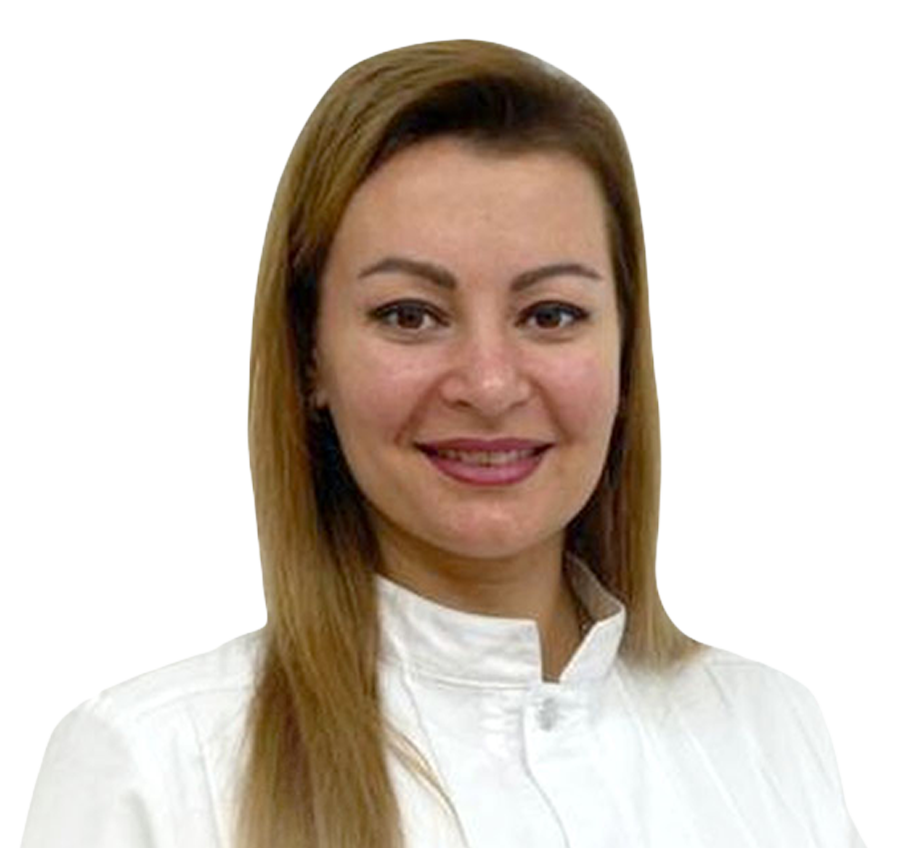Dermatology is a branch of medicine focused on diagnosing and treating conditions related to the skin, hair, nails, and mucous membranes. Here’s an overview.
Types of Dermatological Issues
Acne
A common skin condition characterized by clogged pores, leading to pimples, blackheads, and whiteheads.
Eczema (Dermatitis)
Inflammatory skin conditions causing redness, itching, and sometimes blistering.
Psoriasis
A chronic autoimmune condition resulting in thick, red, scaly patches on the skin.
Skin Cancer
Various types, including melanoma, basal cell carcinoma, and squamous cell carcinoma, caused by genetic and environmental factors, primarily sun exposure.
Rosacea
Chronic skin disorder causing facial redness, swelling, and visible blood vessels.
Vitiligo
Condition characterized by the loss of skin pigmentation, leading to white patches on the skin.
Fungal Infections
Including conditions like ringworm, athlete’s foot, and nail fungus.
Allergies and Contact Dermatitis
Skin reactions due to exposure to allergens or irritants.
Conditions Caused by Dermatological Issues
Dermatological issues can lead to a range of conditions, including:
Infections
Bacterial, fungal, and viral infections can result from compromised skin barriers.
Scarring
Severe acne or injuries can lead to permanent scarring.
Discoloration
Hyperpigmentation or hypopigmentation can occur due to various skin conditions.
Hair and Nail Problems
Dermatological issues can affect hair growth and lead to conditions like alopecia. Nail disorders such as fungal infections are also common.
Psychological Effects
Conditions like severe acne or vitiligo can impact an individual’s self-esteem and mental well-being.
Who Suffers from Dermatological Issues
Dermatological issues are prevalent across all age groups and demographics.
Some conditions, like acne, are more common in adolescents, while others, such as skin cancer, are more likely to affect older individuals.
Effects of Dermatological Issues
The effects can range from physical discomfort, pain, and itching to emotional distress and impact on self-confidence.
Dangers Associated with Dermatological Issues
While many dermatological issues are not life-threatening, certain forms of skin cancer, if left untreated, can metastasize and become life-threatening.
Is it Treatable
Yes, most dermatological issues are treatable. Effective treatments depend on the specific condition, its severity, and individual factors.
Available Treatments
Topical Medications
Creams, ointments, and lotions applied directly to the skin to treat conditions like acne, eczema, and psoriasis.
Oral Medications
Prescribed for more severe cases, these can include antibiotics, antifungals, and immunosuppressants.
Phototherapy
Controlled exposure to ultraviolet light to treat conditions like psoriasis.
Laser Therapy
Used for various purposes, including hair removal, skin resurfacing, and treatment of vascular lesions.
Cryotherapy
Freezing of skin lesions using liquid nitrogen, often used for warts and precancerous lesions.
Surgery
Removal of skin lesions, especially for the treatment of skin cancer.
Biologic Therapies
Advanced treatments targeting specific immune responses, used for conditions like psoriasis.
Available Procedures
Chemical Peels
A chemical solution applied to the skin to exfoliate and improve texture.
Microdermabrasion
Exfoliation technique to remove dead skin cells, often used for acne and sun-damaged skin.
Dermabrasion
A more intensive form of exfoliation used to treat scars and deep wrinkles.
Mohs Surgery
Precise surgical technique for removing skin cancer layer by layer.
Available Medications
Topical Steroids
Reduce inflammation and itching in conditions like eczema.
Retinoids
Derived from Vitamin A, used for acne and anti-aging.
Antifungals/Antibiotics
Treat various fungal and bacterial skin infections.
Immunomodulators
Used for conditions like eczema to modulate the immune response.
Conclusion
In conclusion, dermatology covers a wide array of conditions affecting the skin, hair, and nails.
Consultation with a dermatologist is crucial for accurate diagnosis and tailored treatment plans.
Early intervention and proper management can lead to improved outcomes for individuals dealing with dermatological issues.


